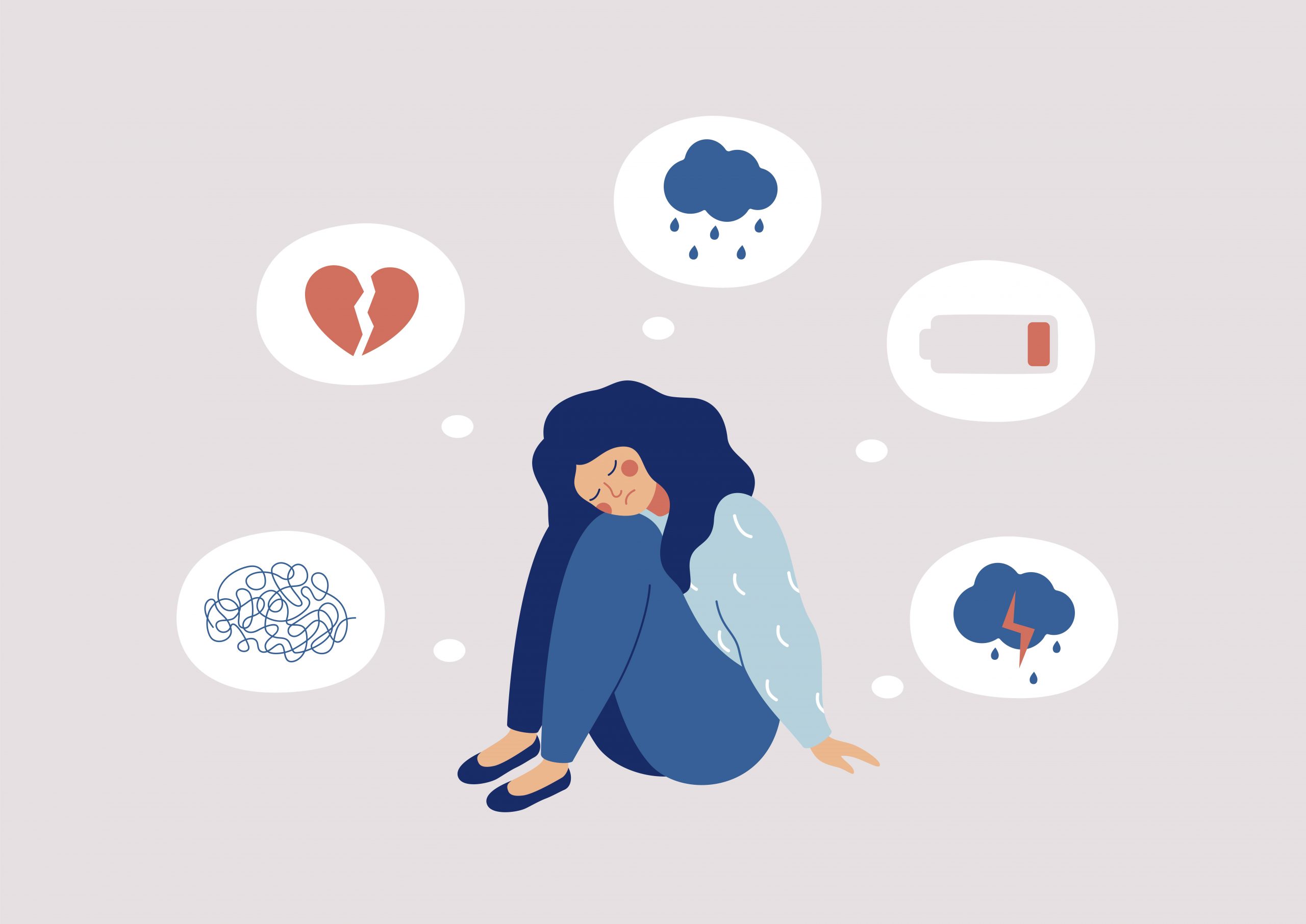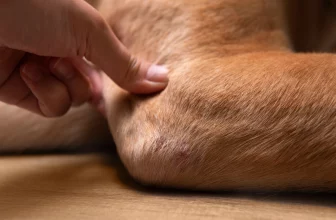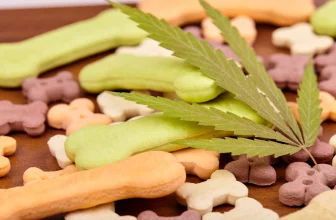
Using CBD for depression is quickly becoming a popular alternative to prescribed antidepressants for many. Sadly, around 250 million people worldwide have depression, and that number comes only from those with a professional diagnosis. Plus, some people experience seasonal affective disorder (SAD), feeling depressed only when the days become colder and sunlight is limited (which is exactly why I could never live in Alaska — even with a metric ton of weed!).
What Is Depression and What Causes It?
Depression manifests itself in many ways, the most obvious being a depressed mood. But depression also shows up in many other forms, such as losing motivation and interest. It also causes a wide variety of physical symptoms ranging from loss of appetite to sleep disorders and more. According to researchers, a primary reason for depression is a lack of serotonin and dopamine in the brain. These are the two messenger substances responsible for your well-being and happiness. They are sometimes called the “happy hormones.” However, depression isn’t just based on a lack of messenger substances. Several psychosocial and neurobiological factors can also cause or promote depression, such as:
- Genetic factors
- Hormonal disorders
- Imbalance of messenger substances in the brain
- Social isolation (Have you heard of this pandemic thing?)
- Chronic stress or overwork
- Life events such as losing a loved one
- Traumatic experiences
- Physical illness or pain
Depressive episodes can occur at any age, and the probability of developing depression in one’s life is between 7% and 18%. It affects women about twice as often as men.
Recognizing the Signs of Depression
Keep in mind that a temporary low mood doesn’t automatically mean you’re depressed. When seeking the cause of depression, doctors differentiate between psychological and neurobiological aspects. So, your diagnosis might depend on whether you have a genetic predisposition for depression or whether it has developed because of traumatic experiences or other reasons. The following symptoms can indicate signs of a depressive illness:
- Unexplained pain in head and body
- Gastrointestinal complaints
- Lack of energy and drive
- Persistent tiredness and sleep disturbances
- Decrease in sexual desire
- Anxiety and panic attacks
- Rapid mood swings and irritability
- Lack of motivation and listlessness
- Sad, depressed mood
- Loss of appetite
Some of these symptoms may seem a bit unusual, and you might not even immediately associate them with depression, but these are just a few things you can look out for.






